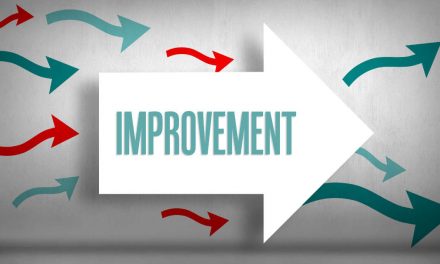By Jack Cumming
The motto for Wellesley College is the Latin phrase “non ministrari sed ministrare,” which in more modern speech becomes “not to be served but to serve.” Great leaders, great CEOs, and great boards put service first before self.
Human Dignity
Wellesley’s motto evokes the Christian reversal of dignity in the ancient world (Matthew 20:28). It’s time for such a power and financial reversal in senior living. Many not-for-profit senior housing enterprises have no member or have a single corporate member. Residents provide the risk funding but lack the say that corporate investors otherwise have.
It wasn’t always so. Many senior housing communities started as grassroots efforts, often by faith groups, to provide a haven for those aging among them. Since then, those origins have often given way to corporate thinking, maximizing financial and operating control.
Reversing the imbalance can revive congregate housing by throwing off the stigma of institutional subordination. In this article, we explore how best to achieve that reversal.
A Story
In a community long ago, there was a sudden vacancy in the executive director position. An executive from the corporate office came to meet with residents during a resident council meeting. Assurances were given that the position would soon be filled.
At that point, one of the directors asked, “Will we be able to interview the finalist candidates during the selection process?” The corporate answer was firm. “No.” The effect on the residents was chilling. It was as though they didn’t matter.
During that earlier era, not so very long ago, residents were expected to fall in line. They were there to live out their final years, and the terms of that existence were all laid out in their contracts. Residents might make suggestions, but they had no say in finalizing decisions.
One can only wonder how many prospects hesitated after hearing from residents that their views didn’t matter. If residents were thus excluded while they were still able, could they count on receiving the deferred care services promised in their contracts? One can thus understand why senior living has struggled to tell its story in a positive way.
A Call for Change
Since then, as the greatest generation has faded away, and the baby boomers have begun to arrive, new concepts are slowly, very slowly, emerging. The market demands it. Nevertheless, the life commitment continues as one that has to be sold since there are few who spontaneously buy in.
The resident-respect transition, though, is incremental and more in the form of token board memberships or resident committees. A mere 20 years ago, residents were excluded altogether from senior living boards. At least that small incremental change of tokenism has gained momentum.
It’s time for radical change to preserve resident dignity and to make senior living more attractive than the alternative of staying put. Transformation will require reversing the authority imbalance. Doing so can be financially beneficial for the industry.
A Precedent
There’s a precedent for such a transformation, and that is in an unlikely place. The West Side of Manhattan was predominantly landlord-tenant housing in the 1950s. Farseeing leaders like Curtis Katz saw opportunity where others saw aging buildings. Mr. Katz bought those old buildings at wholesale rental prices, spruced them up a bit, and resold them at retail ownership prices to the tenants or others.
Buying rental buildings and converting them to cooperative apartments both elevated the quality of housing and profited those who made it happen. Selling a building at retail as a co-op allows a markup from what it costs as a rental. This is old wisdom in real estate, where many fortunes have been made by daisy-chaining neighborhood improvement.
Dignity in Residence
Many of today’s senior housing properties are dated, much like that aging rental stock in Manhattan. Upgrading the resident experience to allow cooperative ownership (or voting membership in not-for-profits) can make senior living vibrant again and remove the institutional stigma that puts off many prospects. As an aside, cooperative organizations, as opposed to condominiums, allow a smooth transition of occupancy at end of life. Nonprofits in which residents are voting members can give credence to the claim of better value to justify tax exemption.
What could better demonstrate a commitment to being the trusted voice for aging than to empower residents to trust each other, working together with a management firm in a cooperative or membership enterprise to ensure the availability of services and to form a true community of dignity and equality? Non ministrari sed ministrare.








